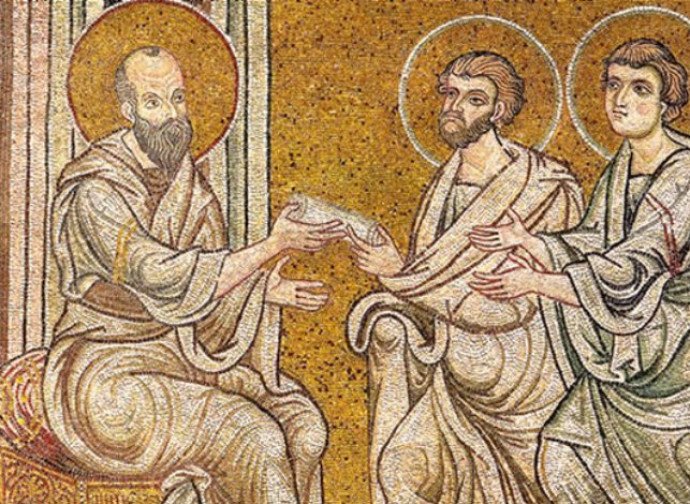
Greystone Theological Institute is an innovative and collaborative effort in theological formation in the mode of confessional Reformed catholicity with a location in Boise.
Greystone Theological Institute has been formed as an innovative and collaborative effort in theological edification in the mode of confessional Reformed catholicity. Greystone is deliberately different and deliberately rigorous, aiming for the long-term usefulness of faithful, effective theological service to the Church and world.
Experienced academics, professionals, and church leaders have crafted Greystone accordingly to combine the riches of the premodern approach to theological formation with the thoughtful use of the best contemporary tools.
Based in the region of western Pennsylvania, Greystone resources scholarship and ministerial formation at an advanced level at select satellite sites in the United States and internationally through a combination of regular intensive on-site as well as blended or online modules and events.
The Greystone Way
-

Reformed Catholicity
In the confessional Reformed tradition, to be Reformed is to be “Reformed catholic.” In the ascended Lord Jesus Christ, the diversity of his Body is united by the Spirit across history in mysterious but fruitful harmony and serves our maturation as a Body. We ask not whether the Church—so defined—matters to our ministry and theology, but whether our ministry and theology matter to the Church.
-

Doxological Craftsmanship
At Greystone, we see theology’s subject as God himself, and not as a means to any other end. Theology belongs to the realm of the creature’s responsive speech, the “amen” of the Church’s liturgical glorification of God. We thus pursue theological formation for its own good before God’s face in rightly ordered and wise relation to all his Word and works—that is, theological formation as craftsmanship.
-

Guided Mentorship
At Greystone, the Church is the context of personal and theological formation, and that formation is a whole-person and communal endeavor. Worship forms a people and wisdom is cultivated, not acquired on a transcript. Therefore, the proper context of theological and ministerial formation is a structured apprenticeship and mentorship under faithful ministers in the fellowship of the saints.
